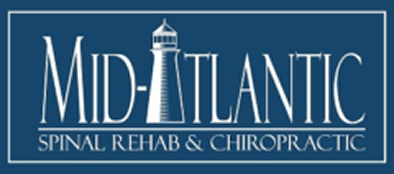Undiagnosed Shoulder Pain Following Baltimore Auto Accidents
Some of my faithful blog followers might be asking why I would blog about shoulder pain following a Baltimore auto accident, when I am, in fact, a chiropractor. Traditionally chiropractors focus strictly on the diagnosis and treatment of spinal complaints including headaches, neck pain, and back pain. In many states, including Maryland where I practice, chiropractors can apply for physical therapy privileges, giving them the ability to diagnose and treat non-spinal musculoskeletal complaints.
Due to the successful “click it or ticket” campaigns there are more and more shoulder complaints following Baltimore auto accidents than you might otherwise expect. The shoulder harness can restrain a shoulder and cause an injury to an occupant.
Typically shoulder pain is treated like any other injury that I treat in my office following a Baltimore auto accident. I use a combination of physical therapy modalities (heat/ice, electric muscle stimulation, ultrasound, etc) and then progress to passive stretching and active therapeutic exercises. In the majority of cases the shoulder pain resolves within a few months.
In some cases shoulder pain persists past 6-8 weeks. This makes sense as everyone is different and not everyone responds the same to therapy. For shoulder pain that does not improve quickly, I typically order an MRI to rule out ligament tearing and rotator cuff pathology. Interestingly, MRIs do not catch all shoulder pathology on their own. That is, there are additional testing that I use on occasion to diagnose “tricky” shoulder problems that do not display pathology on traditional MRIs.
For patients that have failed conservative rehab of shoulder pain and have negative MRIs, I usually recommend an arthrogram. An arthrogram is a special application of radiography in which a dye is injected into the shoulder and then the shoulder is imaged in various different positions. It can be combined with MRI or CT scan to give a better understanding of underlying pathology such as partial thickness muscle tears and labral tears.
Once appropriately diagnosed the patient is referred to a shoulder orthopedist for (typically) shoulder surgical intervention. While I do not promote unnecessary surgery and as a chiropractor I personally think that it should be the last resort, I am in favor of surgery when it is the only remedy for an injured patient.
If you, or someone you know has been injured in a Baltimore auto accident and have shoulder pain, please contact Mid-Atlantic Spinal Rehab & Chiropractic at (443) 842-5500. We would be glad to help!
Dr. Gulitz
